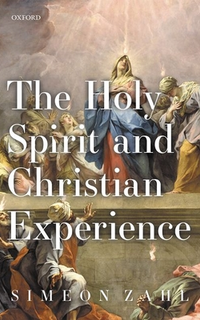Mentions

- Post
“In the Apology, Melanchthon is quite clear about the experiences that are evidence of the reality of sin. As we go through our lives, Melanchthon says, we experience "genuine terror" and "end up in despair.»
He talks about "the anxieties and the terrors of sin and death," and the way that we learn the truth about God's law "only in the midst of genuine sorrows and terrors." He quotes Psalm 6: "Be gracious to me Lord, for I am languishing; O Lord heal me, for my bones are shaking with terror."?
And Melanchthon interprets these affects as the consequence of the evidence of God's wrath against sin. In "such real terrors” the conscience experiences "the horrible and indescribable wrath of God.”
page 161

- Post
“Such frameworks reduce moral discourse to "the tracking of moral culpability, ," and are then baffled by pathological situations that cannot be reduced to the deliberate willing of free moral agents. As McFadyen shows, when you begin to analyze any given set of evils/pathologies, it soon becomes clear that many factors beyond conscious decision-making by bad actors are usually involved: economic, social, and institutional forces that apply massive pressure on individual willing; biological predispositions and physiological habituations; the shaping effects of the cultures and environments in which we are raised as children; and so on.” - Simeon Zahl, page 160
